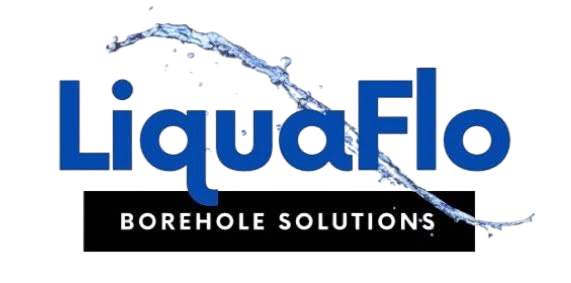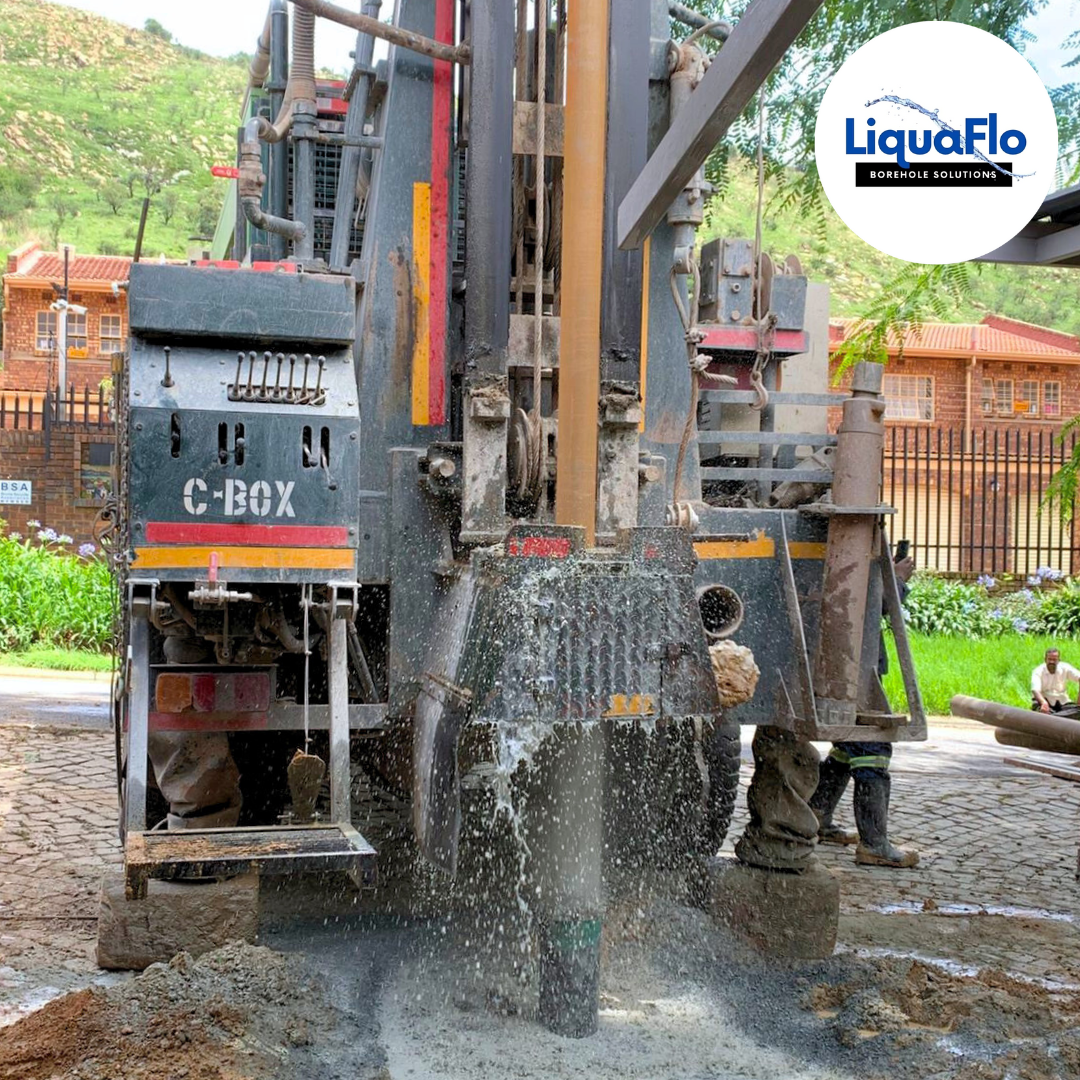If you’ve ever found yourself wondering “How much does it actually cost to drill a borehole in South Africa?” — you’re not alone. With rising municipal water prices, unpredictable water outages, and growing concerns about water security, many South Africans are considering off-grid water solutions. And boreholes are leading the pack.
But before you dive into the deep end (pun intended), let’s break down the real costs involved, what factors influence them, and whether you need a water license to get started.
Borehole Drilling Costs in South Africa
 borehole drilling machine drilling into the ground">
borehole drilling machine drilling into the ground">
Here’s the short answer: Drilling a borehole in South Africa can cost anywhere between R10,000 and R150,000, depending on a number of factors.
These include:
1. Depth of the Borehole
- Typical range: 20 to 120 meters
-
Average drilling cost: R300 – R2900 per meter
Deeper boreholes cost more due to increased drilling time, machinery wear, and added materials like casing and cabling.
2. Location & Soil Conditions
- Hard rock areas can be more challenging and costly to drill through than sandy or clay-rich soils. Geo surveys are recommended beforehand to understand underground water flow and rock formations.
3. Pump & Filtration Equipment

- A basic submersible pump setup can cost R6,000 – R20,000, while premium systems with automatic pressure regulators, purification, and solar integration may cost R30,000 or more.
4. Tanks, Stands & Plumbing

- Add another R3,500 to R20,000 for tank installation, piping, fittings, and plumbing labour.
5. Extras & Upgrades
- Want your borehole fully off-grid with solar? Expect to pay an extra R20,000 – R50,000, depending on system size.
Do You Need a Water License in South Africa?

In most residential cases, you don’t need a license to drill a borehole. But, there are some exceptions:
- If you’re planning to extract more than 10,000 litres per day
- If you're supplying water to third parties or irrigating large agricultural plots
- If your property is located in a Water Management Area with high water stress
If any of these apply, you’ll need to register with the Department of Water and Sanitation and apply for a General Authorisation or Water Use License. Costs can range from R1,500 to R5,000, depending on complexity and location.
At LiquaFlo, we help our clients navigate this paperwork when needed.
Is It Worth the Cost?

Absolutely. Let’s look at the long-term picture:
- Municipal water costs keep increasing — while borehole water is essentially free after installation.
- Off-grid reliability — no more outages, pressure issues, or restrictions during dry seasons.
- Property value increase — homes with boreholes are more attractive to buyers and renters.
In many cases, boreholes pay for themselves within 2–4 years, especially in households or farms with high water usage.
Tips Before You Drill

- Start with a geo survey to find optimal drill sites and avoid dry holes.
- Get multiple quotes but beware of dirt-cheap offers — quality matters.
- Choose SABS-approved products backed by manufacturer warranties (we only install certified components).
- Work with experienced contractors — like LiquaFlo — who manage the whole process for you, from drilling to final pump installation.
Final Thoughts
Drilling a borehole is a big decision, but for many South African households and farms, it’s one of the best investments you can make. It’s not just about saving money — it’s about water independence, security, and sustainability.
Still unsure where to start? Contact LiquaFlo for a site assessment or a custom quote. We’ll walk you through the costs, options, and steps to take control of your water supply — the smart, sustainable way.



